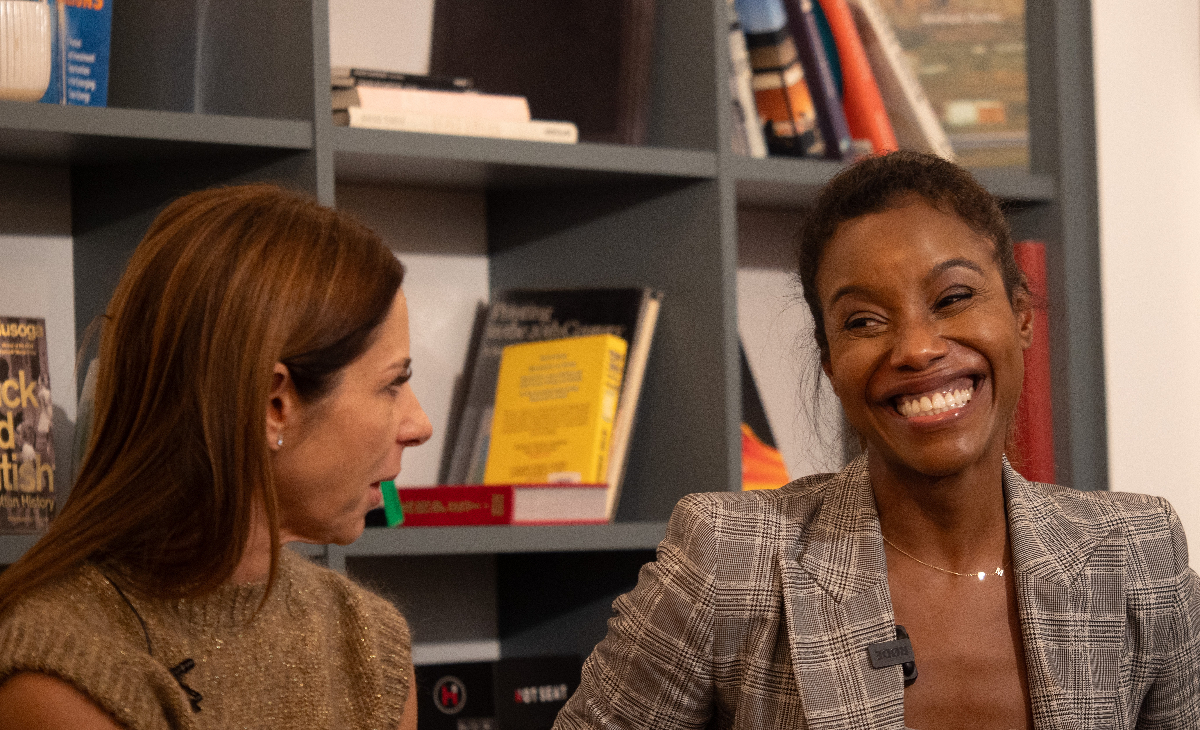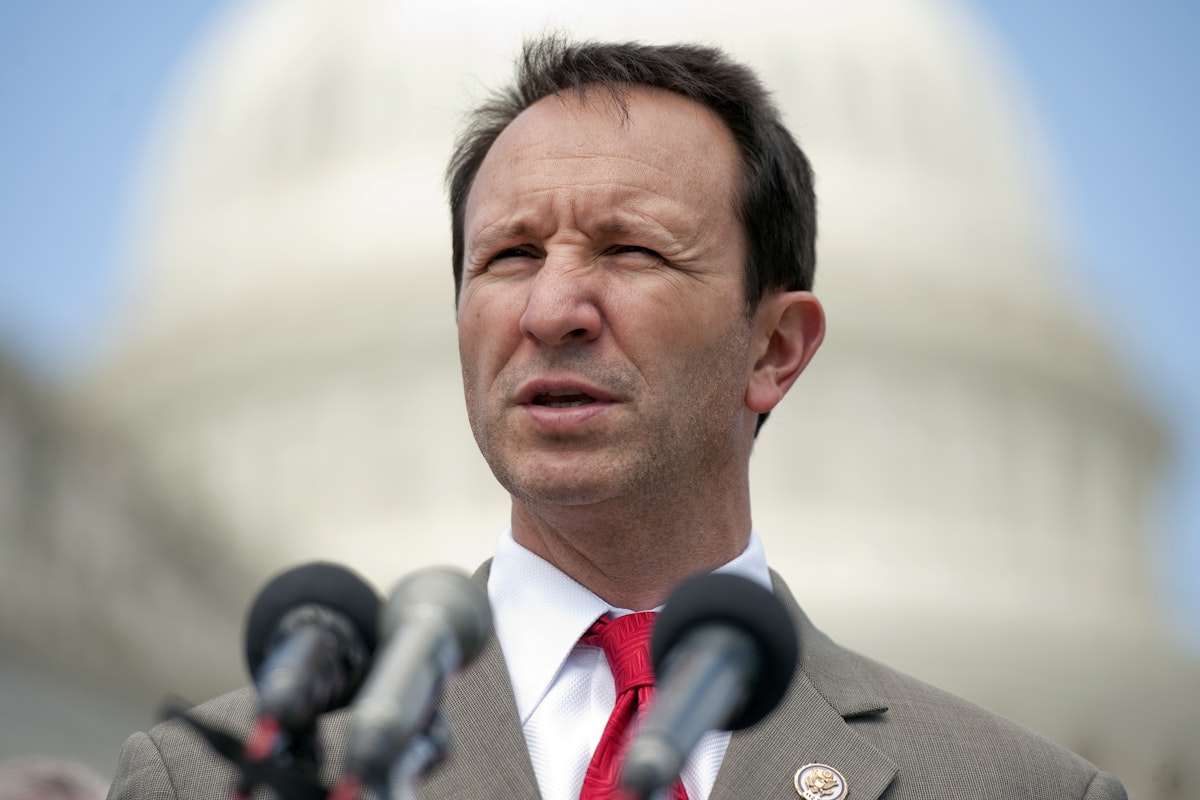If we can’t ‘eradicate the bias’ — how do we close the funding gap?
Join Ambition AM for a powerful event on closing the gender funding gap, where female entrepreneurs share their experiences, challenges and insights.


If Britain wants economic growth, there must be a “generational shift” in the allocation of capital in order to give women in business a fair playing field.
That’s the view of one of the leading entrepreneurs behind the government-backed task force charged with building the world’s largest funding pot of £250m for female entrepreneurs in the UK.
Speaking at the Ambition AM Accelerator event in London, Debbie Wosskow, co-chair of the Invest in Women Taskforce, said the team’s mission is “to change the conversation for female founders in the UK.”
That said, the team believes that in order to create this change, more women need to back women because “a female investor is twice as likely to back a woman.”
Currently, only 11 per cent of senior investment roles at UK firms are held by women, according to data collected by Beauhurst, and just 14 per cent of UK angel investors are female.
What benefit would this have — for women and the economy?
The 2022 Rose Review of Entrepreneurship found that if women started and scaled businesses at the same pace as men, it could add up to £250bn in economic benefits.
Despite the valiant efforts made over the past decade to address the lack of finance available to female-led businesses, the gender funding gap has remained a pressing issue.
The statistics have worsened. Out of the total £8bn of equity given out so far this year, female founders received just 1.8 per cent (£145m) down from 2.5 per cent last year.
That number rose to 86.3 per cent (£6.92bn) for all male teams, up from 80.3 per cent the year prior.
“There’s some structural issues that are driving that,” Wosskow said. Especially given that much of it was put into AI, and according to recent data from Beauhurst, only 12.7 per cent of AI founders are women.
“A lot of the investments this year have gone into AI… and many of those AI rounds were later stage rounds, and women do not raise capital beyond series B – very, very, very, very few women,” Wosskow added.
“It takes a direct intervention — otherwise, we keep slipping down any global league table about female entrepreneurs getting backed.”
What can be done within the room?
Wosskow was joined by Avion Gray, co-founder of wealth-building platform Belong.
Gray, a former investment banker, co-founded Belong in 2021 with Samantha Rosenberg, a former behavioural economist, to educate, inform and empower young investors.
The platform launched earlier this year, emerging from stealth mode after securing £2.95m in pre-seed funding.
On the topic of successfully fundraising, Gray said it’s crucial to remember what a room full of investors – whether that be men or women – are looking for: patterns and track records.
They’re [investors] looking for patterns, and when you think about female founders… There’s not an easy pattern.
“They’re [investors] looking for patterns, and when you think about female founders… There’s not an easy pattern,” Gray said.
She added: “So they’re looking and they’re thinking, all right, can I think of a massively successful fintech business that’s scaled massively[and] that’s run by somebody who looks like Avion?
“There’s not going to be one – in the pattern box, we struggle.
“If you don’t tick the box on pattern, they’re looking for a track record – a really solid track record – and if you’re a first time founder, that’s harder, right?”
Her advice, however, would be to be narrowing in on relatability – filling the gaps with advisers and co-founders who hold skills and experience that otherwise might be lacking.
“We won’t ever eradicate the bias, but [we must] try to neutralise it as much as possible very early on,” Gray said.
“It’s a thing until it stops being a thing, but we have to be deliberate about this and it’s going to take time.”



